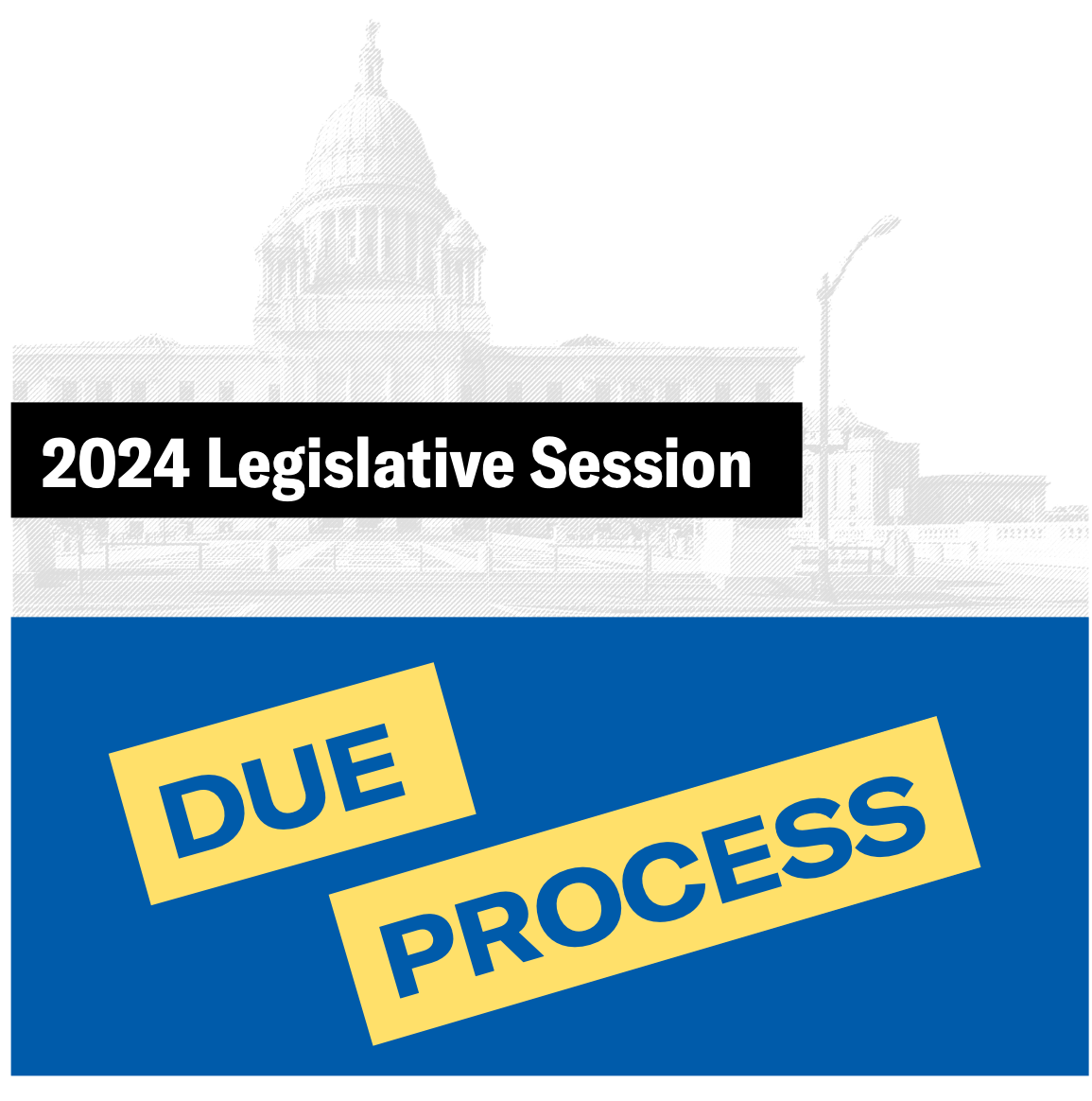Increasing Municipal Fines (H 8208)
- Status: Died in Committee
- Position: Oppose
- Bill Number: H 8208
- Session: 2024
- Latest Update: May 15, 2024

Stay Informed
Sign up to be the first to hear about how to take action.
By completing this form, I agree to receive occasional emails per the terms of the ACLU’s privacy statement.
By completing this form, I agree to receive occasional emails per the terms of the ACLU’s privacy statement.
